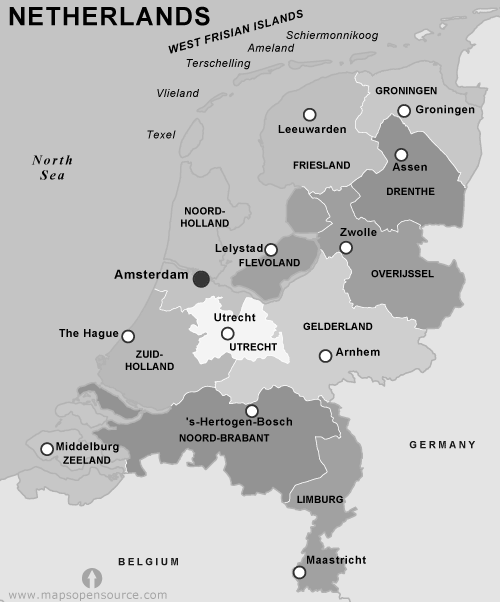How does the ethical review process work in the Netherlands and which are the designated ethics committees?
Background
There are 24 accredited Regional Ethics Committees (REC‘s) and the Central Committee on Research Involving Human Subjects (CCMO in Dutch: Centrale Commissie Mensgebonden Onderzoek).
Research covered by the Medical Research Involving Human Subjects Act (WMO) must be submitted to an accredited REC for approval before it is carried out. In some cases, the CCMO acts as the REC. The REC reviews protocols in accordance with the rules laid down in the WMO. Research subject to the WMO cannot be carried out without a positive judgment. Drugs trials, medical devices and genetic research are all covered by the above mentioned WMO. The RECs consider all clinical trials on investigational medicinal products as well as non therapeutic observational studies, and the CCMO considers medical research in the field of gene therapy, iRNA, anti-sense oligonucleotides, (stem) cell therapy, xenotransplantation and non-therapeutic interventional studies with minors and incapacitated subjects. Research with spare embryos and IVF technology (e.g., embryonic stem cell research) is covered by the Embryos Act and are reviewed by the CCMO. Both the accredited Medical Research Ethics Committees (METCs) and the CCMO are independent governmental bodies with a legal status that reach a legally binding decision on research protocols, and thus are not advisory boards.
Only accredited research ethics committees (METCs or the CCMO) can review biomedical research with human subjects. The criteria for accreditation are laid down in the WMO.
The Central Committee (CCMO) is responsible for the accreditation of the accredited research ethics committees. If an METC no longer fulfils the criteria, the accreditation can be withdrawn by the Central Committee. Only one decision of one accredited METC is required for research projects in the Netherlands including multicentre research.
Networking between RECs:
The CCMO is the body responsible for implementing the WMO. The CCMO has a broad range of tasks (accrediting REC’s, competent authority for clinical research with medicinal products, in specific cases reviewing protocols for medical research involving human subjects, registering protocols, administrative body for appeals and objections and providing information about the implementation and application of the WMO.
The Dutch Association of Medical Research Ethics Committees (NVMETC in Dutch: Nederlandse Vereniging voor Medisch Etische Toetsingscommissies) is a platform for RECs in the Netherlands. The goals of the NVMETC are fostering best practices in judgment by RECs, fostering the quality and harmonizing the implementing of legal criteria, discussing medical ethical issues, maintain relationship with other relevant bodies and provide information for the members. One of the main goals of the Association is quality improvement of the accredited RECs. The NVMETC developed a quality improvement programme for RECs by peer to peer review. The purpose of these peer visits (called intervisitaton) is the resulting discussion on strengths and weaknesses in the performance of the REC. Another main task is supplying relevant news and information to its members by a Newsletter and organizing seminars for information and discussion on actual topics and practical issues. Furthermore the NVMETC set up a training programme for new REC members. All the Dutch RECs are member of the NVMETC (27 accredited and approximately 35 not-accredited committees) More information can be found on http://www.nvmetc.nl.
Weblinks to Dutch Ethics Committees.
